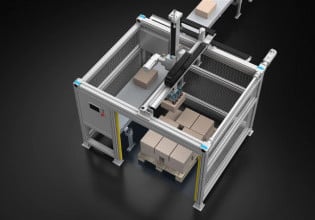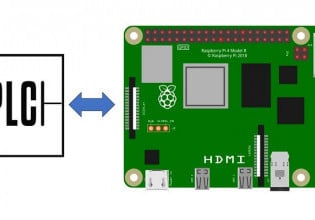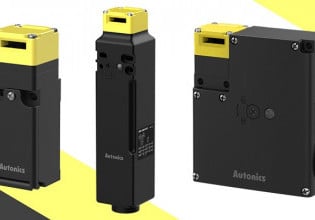J
I'm looking for a cheapish and rugged pressure transducer for measuring the water level in a river. What I have in mind is a length of protective PVC drainpipe strapped to a bridge pillar with the sensor at the bottom of it. But I'm baffled by the range of sensors offered, and a little unimpressed by prices. Can anyone recommend a particular product? Thanks! I've looked at resistance tape and similar solutions, but they seem to be even more pricey...





